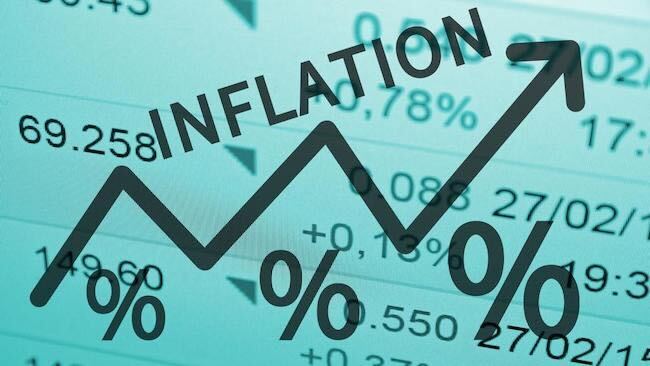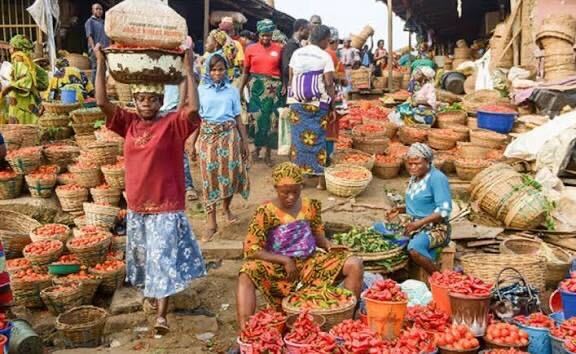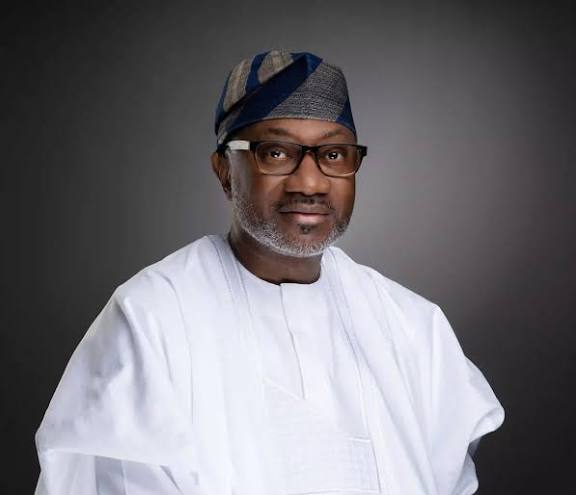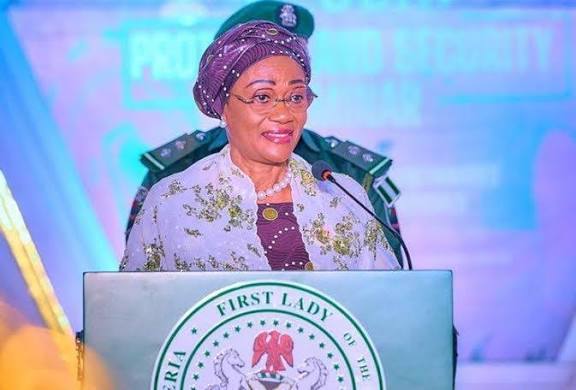Nigeria’s inflation rate recorded another major drop in October, easing to 16.05 percent, according to the latest figures released by the National Bureau of Statistics. This marks the seventh consecutive month of decline, offering a bit of breathing room to Nigerians who have been dealing with high living costs throughout the year.

The new data shows that headline inflation slowed significantly from the 18.02 percent recorded in September. It is also a sharp improvement from October 2024, when inflation was at 33.88 percent.
Economists say the steady drop signals that government reforms, tighter monetary policies and improved market stability are beginning to reflect in consumer prices.
Key Highlights from the NBS Report

Food inflation, which affects households the most, dropped to 13.12 percent, a noticeable improvement from last year’s 39.16 percent. The report also shows that both urban and rural inflation declined, settling at 15.65 percent and 15.86 percent respectively, compared to far higher numbers recorded in 2024.
However, the month-on-month inflation rate saw a slight increase, rising to 0.93 percent from the 0.72 percent recorded in September. This means that although prices are not rising as fast as before on a yearly basis, consumers still felt some pressure in October due to higher prices of onions, pineapple, goat meat and other frequently purchased items.
Analysts believe the overall trend remains positive. If inflation continues on this path, Nigeria may soon move closer to single-digit inflation, something the country has not experienced in many years.
What the Decline Means for Nigerians
For many households, the slowdown in inflation does not immediately translate to cheaper goods, but it does mean prices are increasing at a slower rate than before. Businesses that rely on consumer spending may also benefit as stability improves and people begin adjusting their budgets with a bit more confidence.
Policy watchers are now looking to the Central Bank of Nigeria for the next steps. With inflation continuing to cool, there may be room for discussions around easing interest rates to stimulate growth, although the CBN has not yet hinted at any immediate changes.
For now, Nigerians are cautiously optimistic. The drop in inflation is a welcome development, but the economic outlook will depend on continued market stability, improved food production and fewer disruptions in supply chains.





Leave a Reply